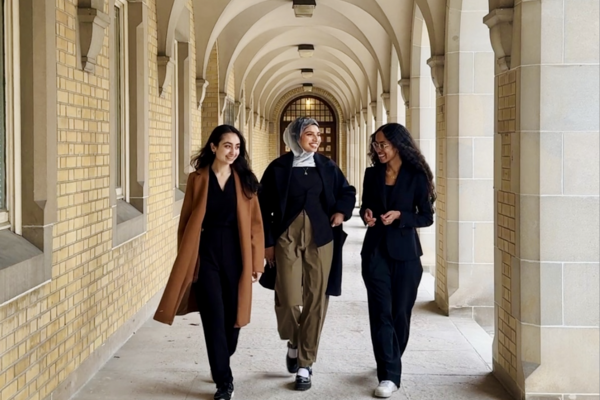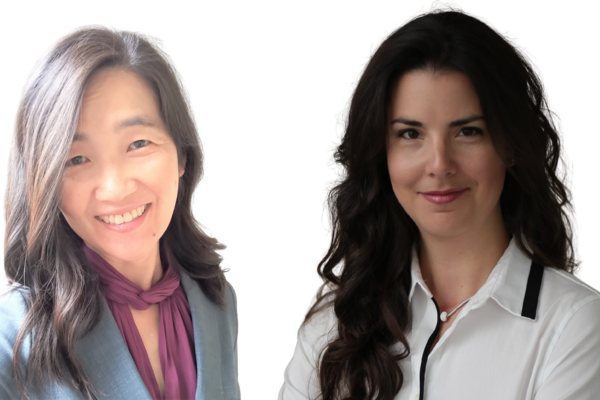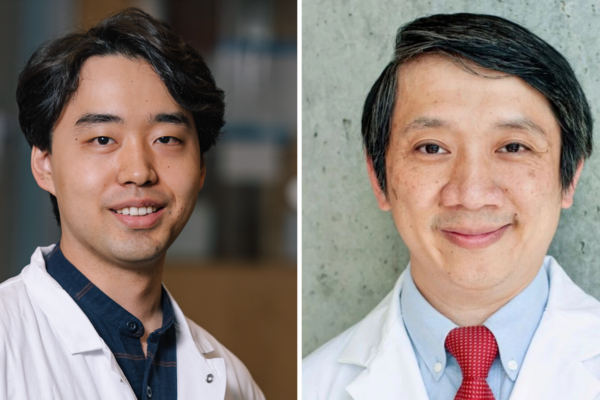Mobile Menu
- Education
- Research
-
Students
- High School Outreach
- Undergraduate & Beyond: Community of Support
- Current Students
- Faculty & Staff
- Alumni
- News & Events
- Giving
- About
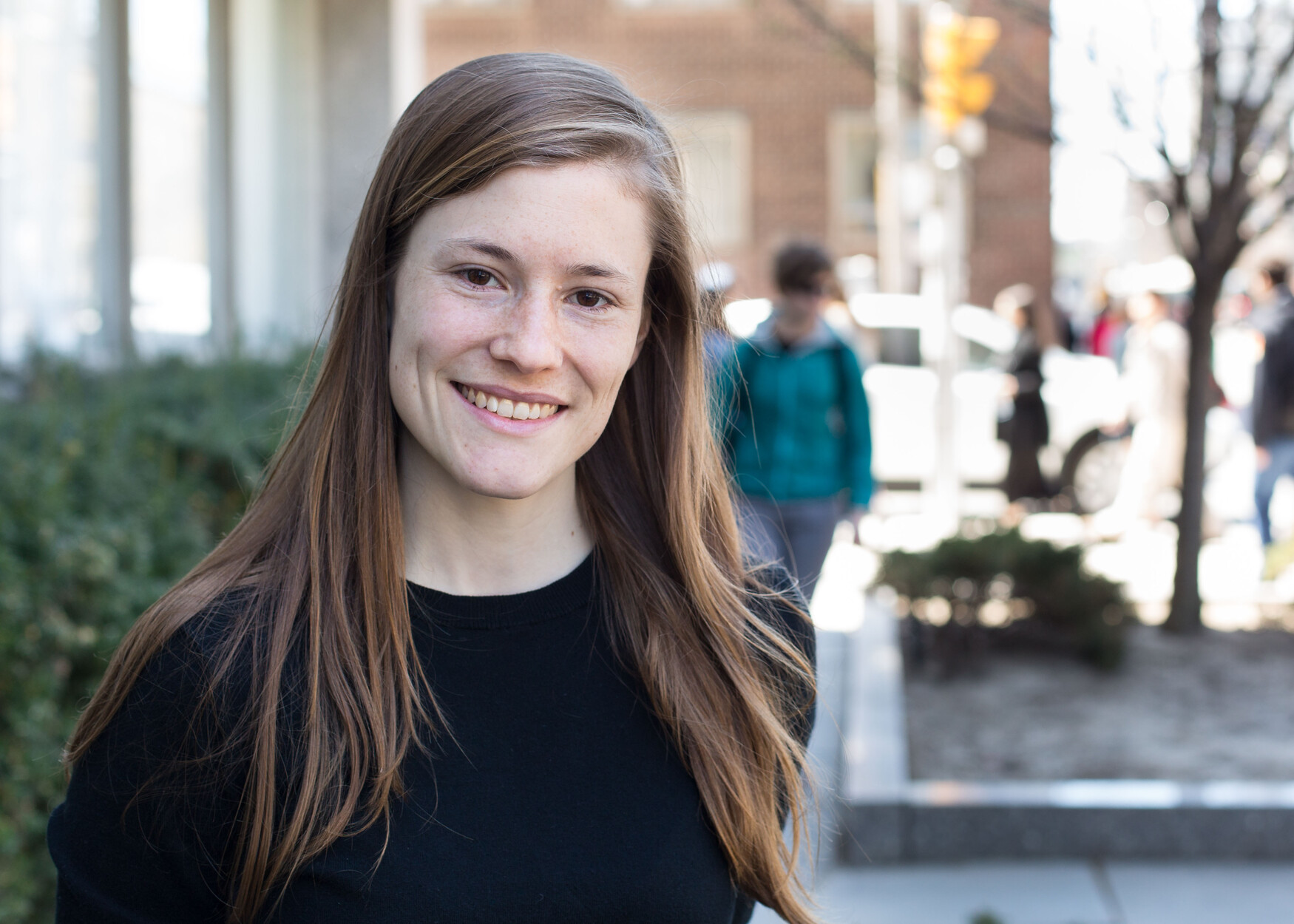
Erin Howe
Moira de Valence understands the relationship between food security and good health. The fourth year medical student saw the connection in action when she took part in the Weston Health Professions Project, which builds health in Toronto’s Weston neighbourhood by engaging health professions students, grassroots community agencies and other stakeholders in community-based research and program development. She spoke to us about the project and how it helped prepare her to specialize in family medicine.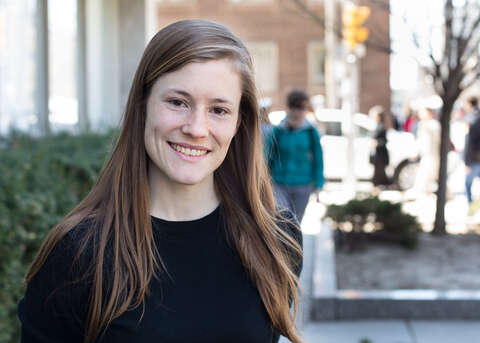
Name: Moira de Valence
Program/year: Medicine, Fourth Year
Role/position: Volunteer, Weston Health Professions Project
How did you become involved in the Weston Health Professions Project?
I’ve been interested in food security since I was an undergrad. Food security is the idea that all people deserve access to adequate healthy, culturally appropriate food coming from a sustainable food system. So when you work on food security, you’re not just helping people meet their nutritional needs, you’re also helping them find social supports and self-efficacy and you’re helping build strength in the community. Food has been one of the most important things to people throughout history. It has incredible cultural, social and economic significance. In the broader sense, we will only truly have food security when we have a more fair and equitable society.
Tell me about your experience.
I became involved in the Weston Health Professions Project though a course called Determinants of Community Health. My supervisor, Professor Joyce Nyhof-Young, wanted to connect the research skills and resources of academic institutions like U of T with the local Weston organizations that are already doing such great work to promote health and know what goals are important to the community.
I did research that helped the Weston-King Neighbourhood Centre expand its food program to an additional site. Models of food assistance have really changed over the last 40 years and the centre wanted to interview program participants to find out what their needs were so the new program could serve them better.
What was most exciting about the Weston Health Professions Project?
It was amazing to have people share their stories with me. Doing qualitative interviews was a really powerful and intimate experience. I was honoured that people were so willing to open up about struggles that they’d faced like poverty, addiction, abuse or other difficult experiences. That experience has showed me there is an incredible amount doctors can learn from patients throughout our careers. I hope I can maintain the perspective that learning in the doctor-patient relationship is a two-way street.
How has this experience influenced your long-term plans?
I’m looking forward to starting my residency in family medicine. Change can be slow, so something powerful about that field is the ability to have relationships with your patients over a long period of time. As well, family medicine gives you a broad view of what goes into wellness. The perspective I’ve gotten from the Weston Health Professions Project is that your medical knowledge as a doctor doesn't necessarily translate into anything meaningful for your patients unless you can also deal with these things like the social determinants of health that are so immediate and powerful in their lives. It's important to consider the patient's situation as a whole when you are working with them to improve their health.
What’s your favourite thing about the Faculty of Medicine?
The diverse opportunities in Toronto are unparalleled. You can work with any patient population; you can work in anything from the most community-based area to the most academic, cutting-edge research. Even though the Faculty is so big and its offerings are so broad, anywhere you go— to any of the teaching sites — there is energy and a pride about being at U of T and a commitment to values we share. I feel very lucky to have been able to spend four years here.
